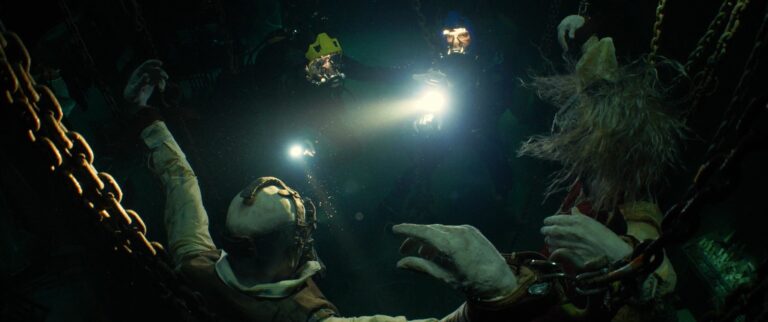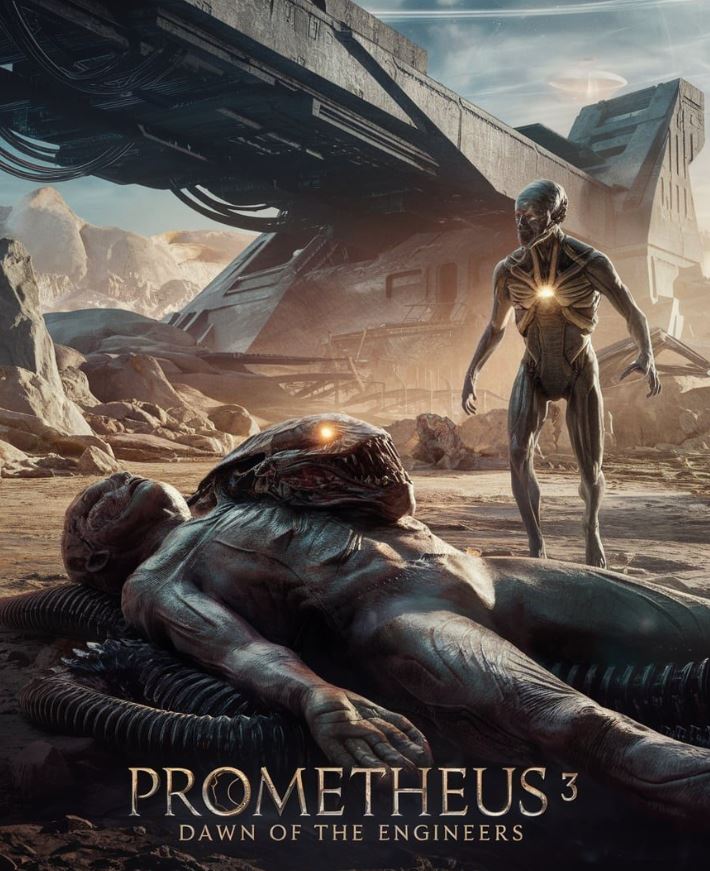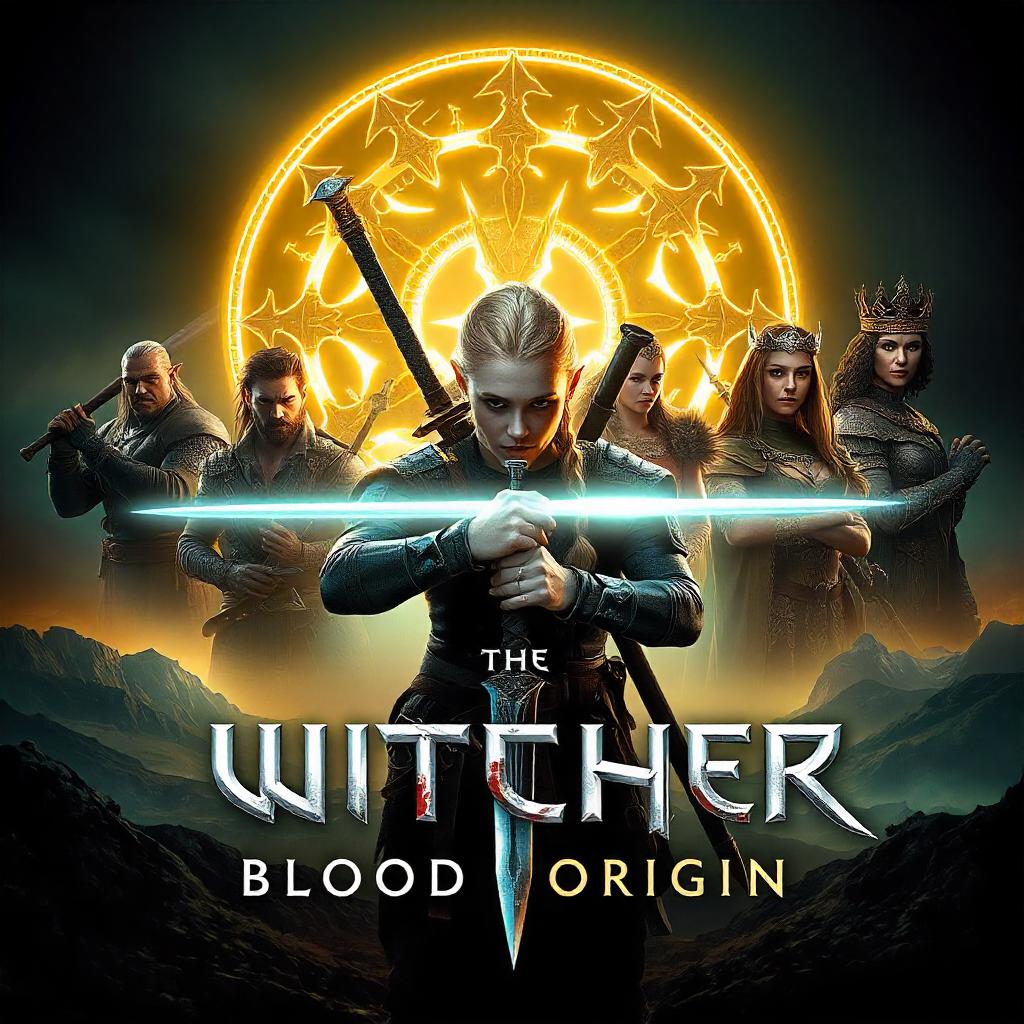
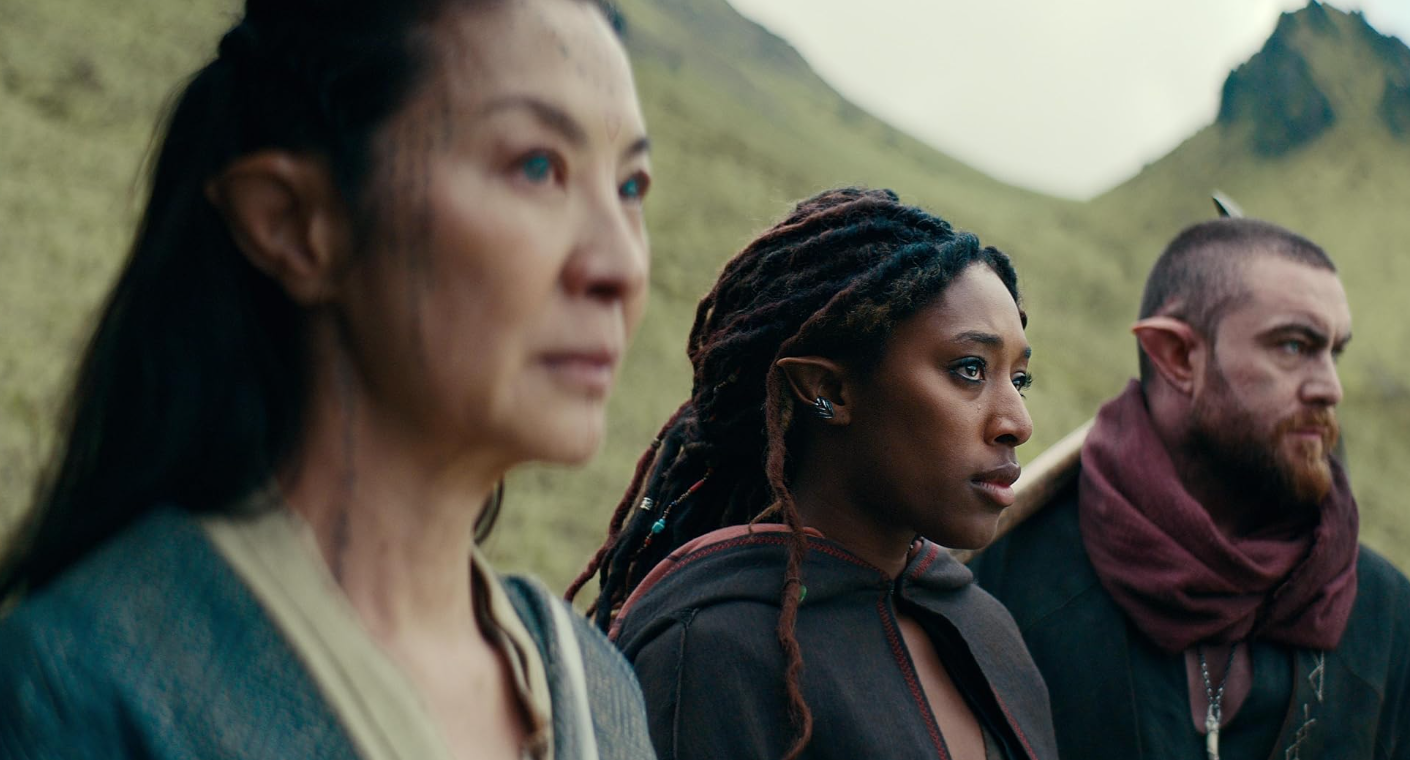
The Witcher: Blood Origin is a prequel series to Netflix’s The Witcher, set over a thousand years before the events of Geralt of Rivia. Released in 2022 and created by Declan de Barra and Lauren Schmidt Hissrich, the series explores the origins of the Witcher universe, including the pivotal event known as the Conjunction of the Spheres and the creation of the very first Witcher. With its sweeping fantasy landscapes, diverse characters, and rich lore, Blood Origin attempts to expand the mythology of The Witcher franchise while delivering an epic tale of rebellion, magic, and destiny.
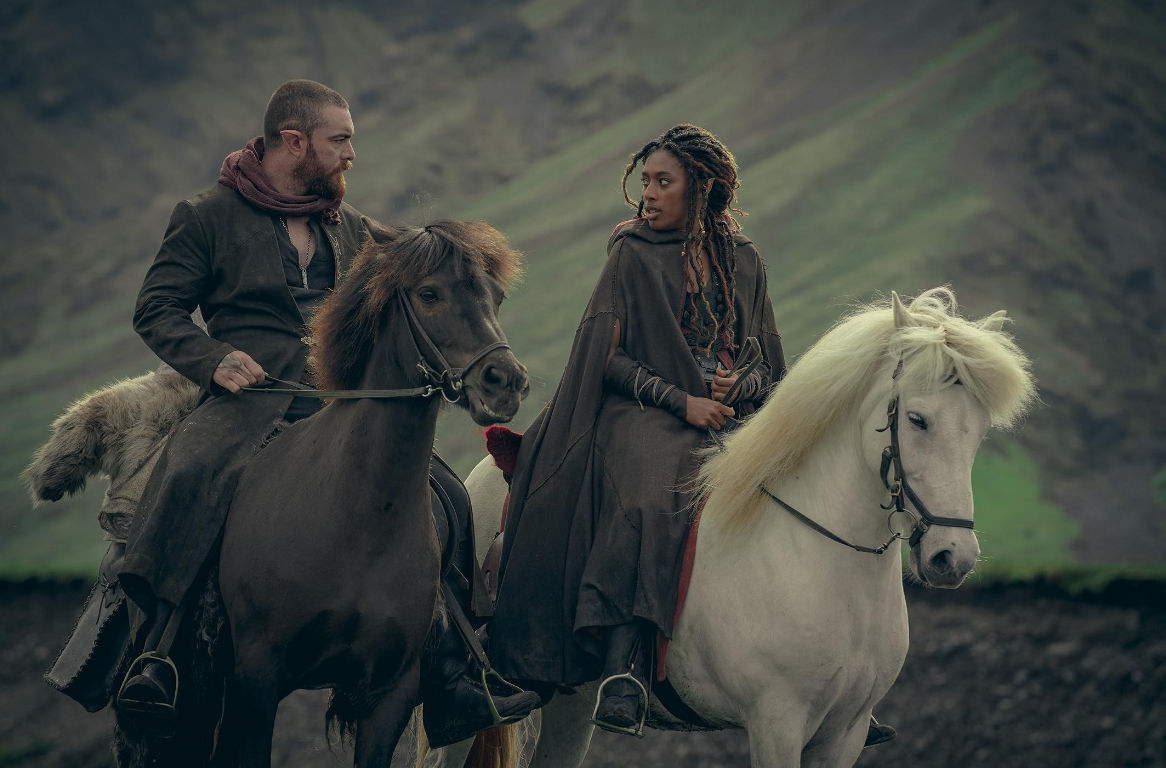
The series is set in the Elven Golden Era, a time when Elves ruled the Continent, long before humans and monsters roamed its lands. The story centers around a group of misfits who band together to overthrow a tyrannical empire. At the heart of the rebellion is Éile (Sophia Brown), a former warrior of the Raven Clan turned traveling bard, and Fjall (Laurence O’Fuarain), a disgraced warrior of the Dog Clan. The two come from rival clans but must unite to confront a common enemy—the corrupt Empress Merwyn (Mirren Mack), who conspires with dangerous forces to reshape the world.
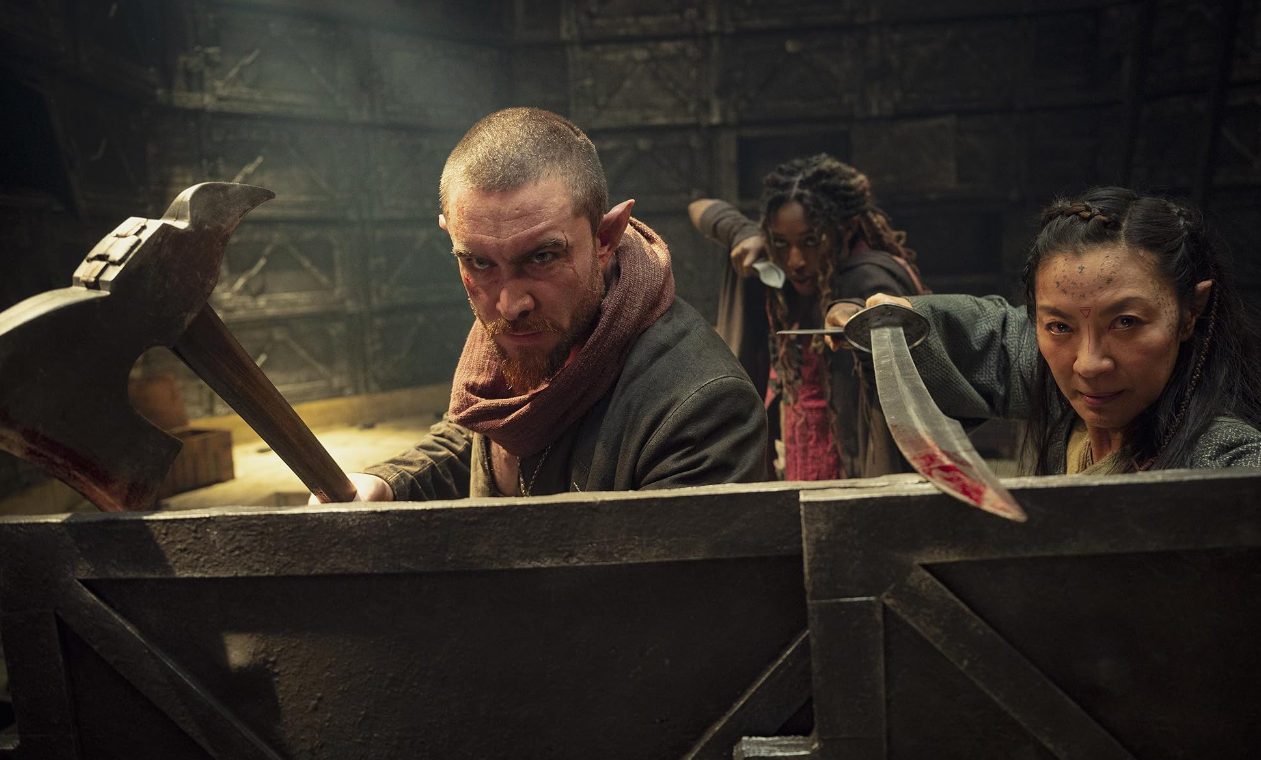
The plot weaves together several key storylines, including the rise of an oppressive monarchy, the advent of forbidden magic, and the impending convergence of worlds. As Éile and Fjall gather allies, including the cunning mage Syndril (Zach Wyatt) and the fierce warrior Scían (Michelle Yeoh), they uncover a sinister plan involving the opening of dimensional gates, unleashing chaos across the Continent. These events eventually lead to the Conjunction of the Spheres, a cosmic collision that merges the worlds of humans, elves, and monsters.
At the center of the story is the creation of the first Witcher, a prototype forged through forbidden magic to combat the monsters unleashed by the Conjunction. This transformative process has far-reaching implications for the future of the Continent, setting the stage for the events in The Witcher.
Blood Origin delves deeply into the themes of power, unity, and sacrifice. The characters, drawn together from disparate walks of life, must put aside their differences to fight for a greater cause. The series explores the complexities of identity and loyalty, particularly through Éile and Fjall, who grapple with their pasts while forging a new path forward.
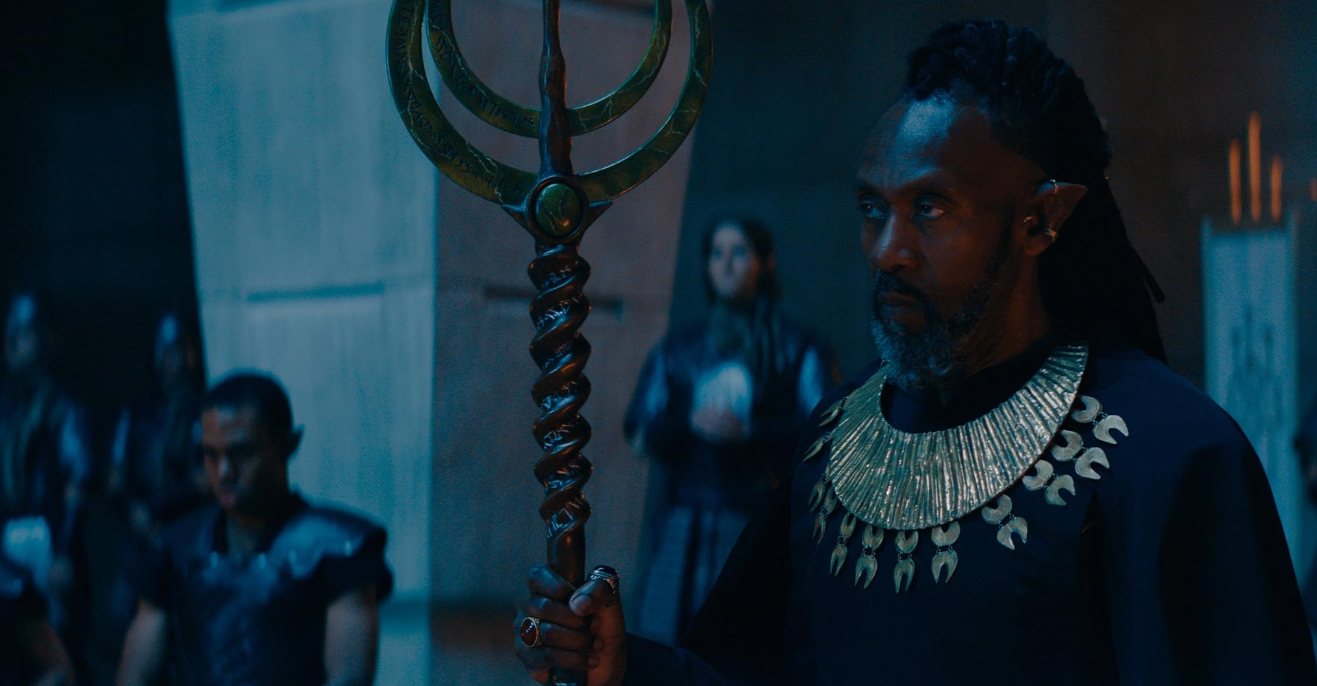
The show also sheds light on Elven society before its decline, portraying a culture rich in tradition but marred by internal strife and corruption. This backdrop adds depth to the mythology of The Witcher universe, giving viewers insight into the political and cultural dynamics that shaped the Continent before the arrival of humans.
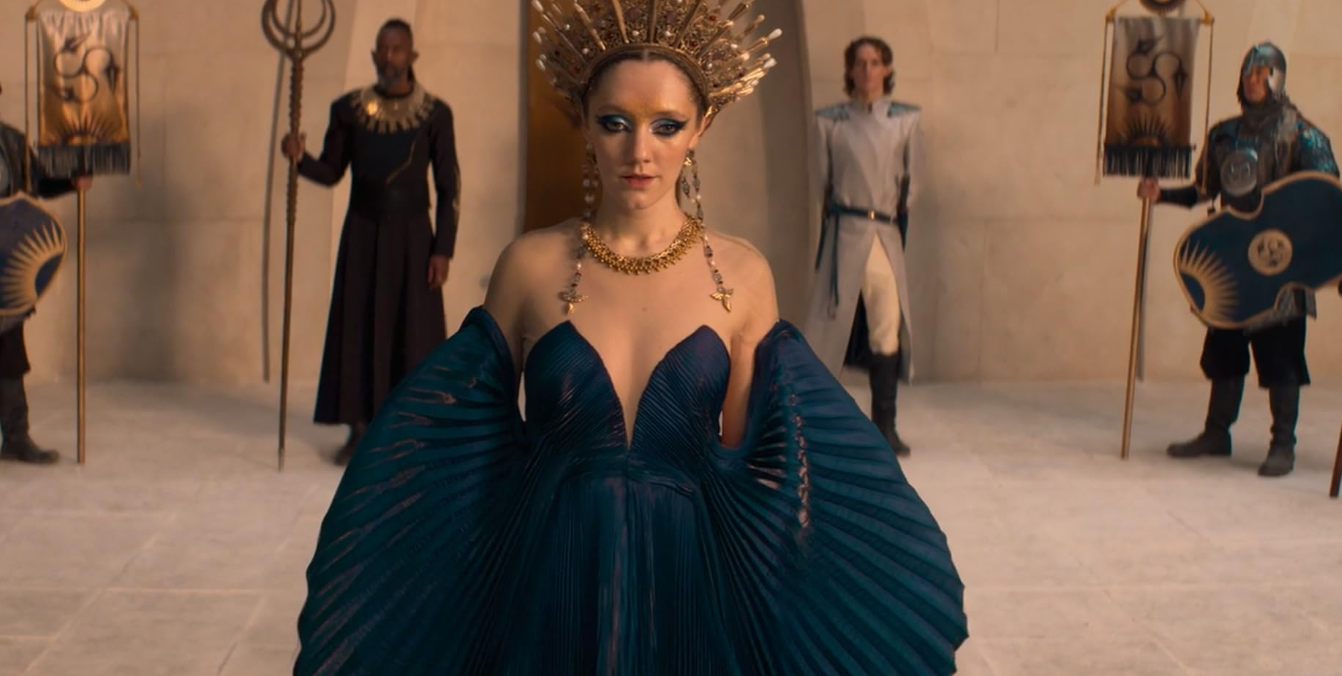
The series excels in its visual presentation, with breathtaking landscapes, intricate set designs, and stunning costumes that bring the Elven Golden Era to life. The battles are choreographed with precision and flair, particularly those featuring Michelle Yeoh’s Scían, whose swordsmanship adds gravitas to every fight sequence. The use of magic is another visual highlight, with Syndril’s spells and the climactic transformation of Fjall into the first Witcher standing out as particularly memorable moments.
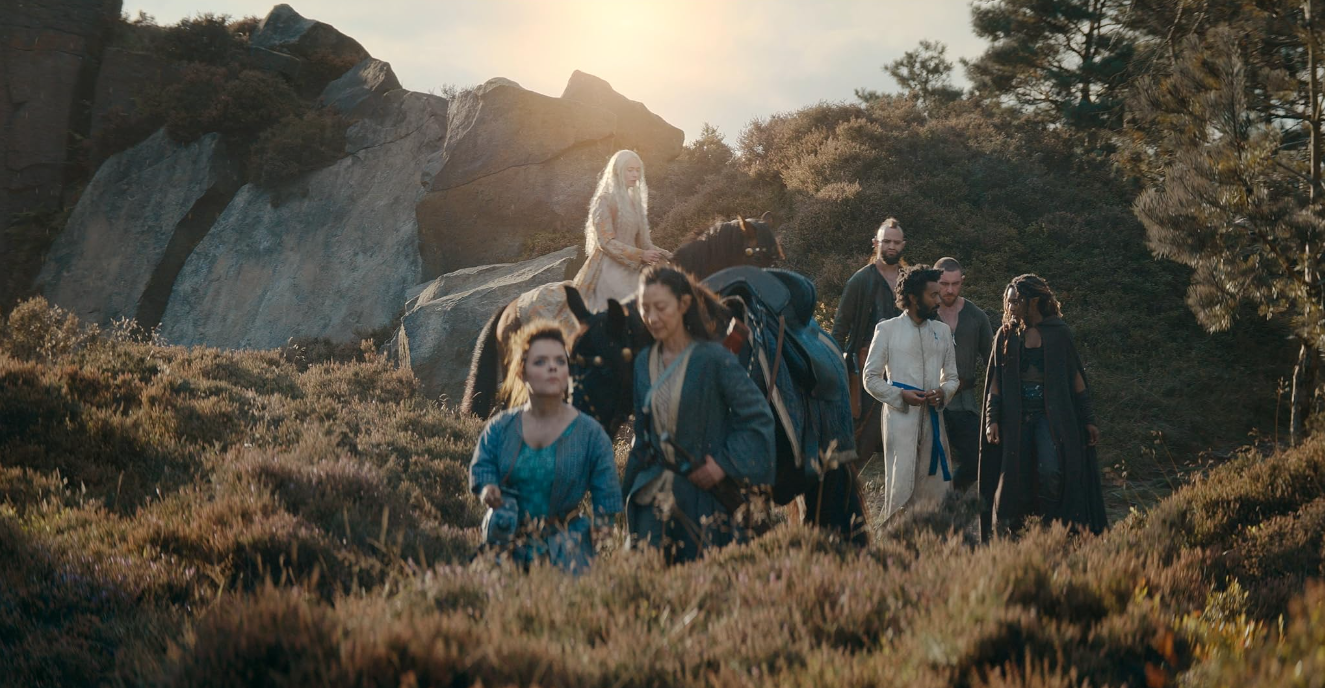
The cast delivers strong performances, with Sophia Brown as Éile bringing both vulnerability and strength to her role as a reluctant hero. Laurence O’Fuarain’s Fjall is a compelling foil, whose journey from disgraced warrior to selfless leader resonates emotionally. Michelle Yeoh, as always, is a standout, bringing depth and gravitas to the role of Scían, a warrior driven by loss and honor.
Mirren Mack’s portrayal of Empress Merwyn adds layers to the story’s antagonist, portraying her as both ambitious and tragically flawed. Her desire to create a utopia for Elves is driven by noble intentions, but her methods and alliances lead to devastating consequences.
